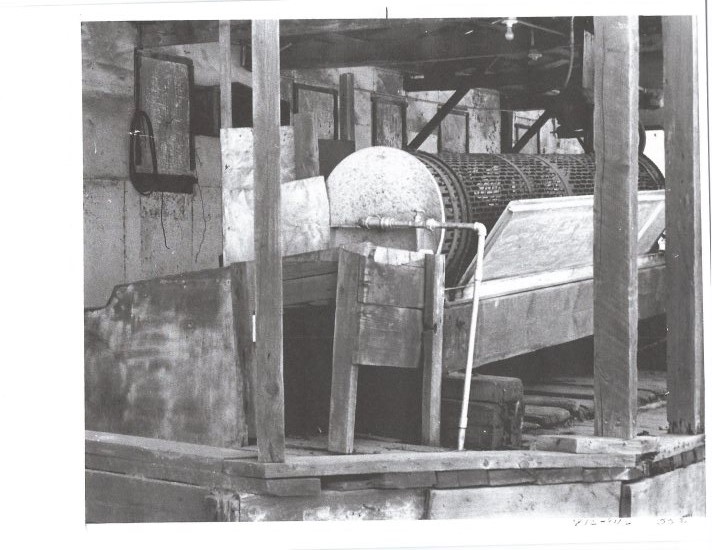
| ||||||
Black walnut trees, according to George and Becky Lohmiller of The Old Farmer's Almanac, were discovered by early settlers growing in mixed forests from Canada to Northern Florida. They used them for snacks or added them to soups and stews, even grinding them for use when baking. The nuts proved a hearty food source during the winter thanks to their protective shell. The tree's wood is still valued by furniture and cabinetmakers for its attractive color and durability.
Recognition of the first walnut trees in Moraga appears in documents from the late 1800s, referring to land acquired by the Moraga Land Association. The 12,605 acres were originally awarded to Don Joaquin Moraga and his cousin Don Juan Bernal by the Mexican government in 1835. An 1892 brochure from the MLA boasted, "Streams known as the San Pablo, Walnut and Moraga Creeks run through the tract. Charming drives wind their way along the banks, shaded by the most beautiful walnut and other forest trees."
Historically speaking, a walnut tree served as the first "post office" in Moraga. A 1958 article in the Contra Costa Gazette stated, "Pioneers still recall stories of Moraga's mailbag tree, the native black walnut, where early settlers hung a `saca,' a rawhide bag serving as their post office. Mail posted there sometimes remained in the rawhide sack for a month or more until a vaquero rode by heading towards the Alvarados, the Martinez, the Castros, the Peraltas, or to the other ranchos of the era." Unfortunately, a fire later destroyed the tree.
What we now know as St. Mary's Road, Glenside Drive, Reliez Station Road, and Pleasant Hill Road was called Walnut Way in 1892.
The later acquisition of the area in 1912, by James Irvine, would become The Moraga Company's Moraga Ranch. By 1919, the holdings consisted of 11,300 acres extending from Redwood Canyon to the old highway at Lafayette including 54 acres in the city where Mt. Diablo Boulevard cuts through the community. The ranch also extended a mile east of Saint Mary's College to the Orinda Crossroads. The walnut orchards, planted in the late 1940s, were scattered throughout the area, including land that was eventually developed to build homes near Camino Pablo Elementary School, Joaquin Moraga Intermediate School and the campuses themselves of Campolindo and Miramonte high schools.
The year 1971 saw a walnut harvest of over 60,000 pounds, which was considered lower than a good year's crop of 90,000 pounds. During the nearly 30 years of production, the walnuts were shipped for sale throughout the United States. The Lamorinda area began to turn its attention to the construction of subdivisions, and by the mid-'70s walnut trees and pear trees gave way to bedroom communities. A relic of days-gone-by, the old walnut shed can still be spotted near the corner of Moraga Way and School Street across from present-day Moraga Ranch; lest we forget the magnificent walnut trees that once graced so much of the region.
Special thanks to Moraga Historical Society President Susan Sperry.
Candied Walnuts
Recipe from an old friend, Udonia Annis
2 cups sugar
2 tsp. cinnamon
_ cup milk
2 tsp. vanilla
4 cups walnut halves or pieces
Combine first three ingredients and cook to soft ball stage (235 to 245 degrees Fahrenheit on a candy thermometer). Add vanilla and walnuts. Stir until mixture is cool and thick. Turn out onto wax paper and separate nuts quickly to cool completely.
- S. O'Doherty
Reach the reporter at:
